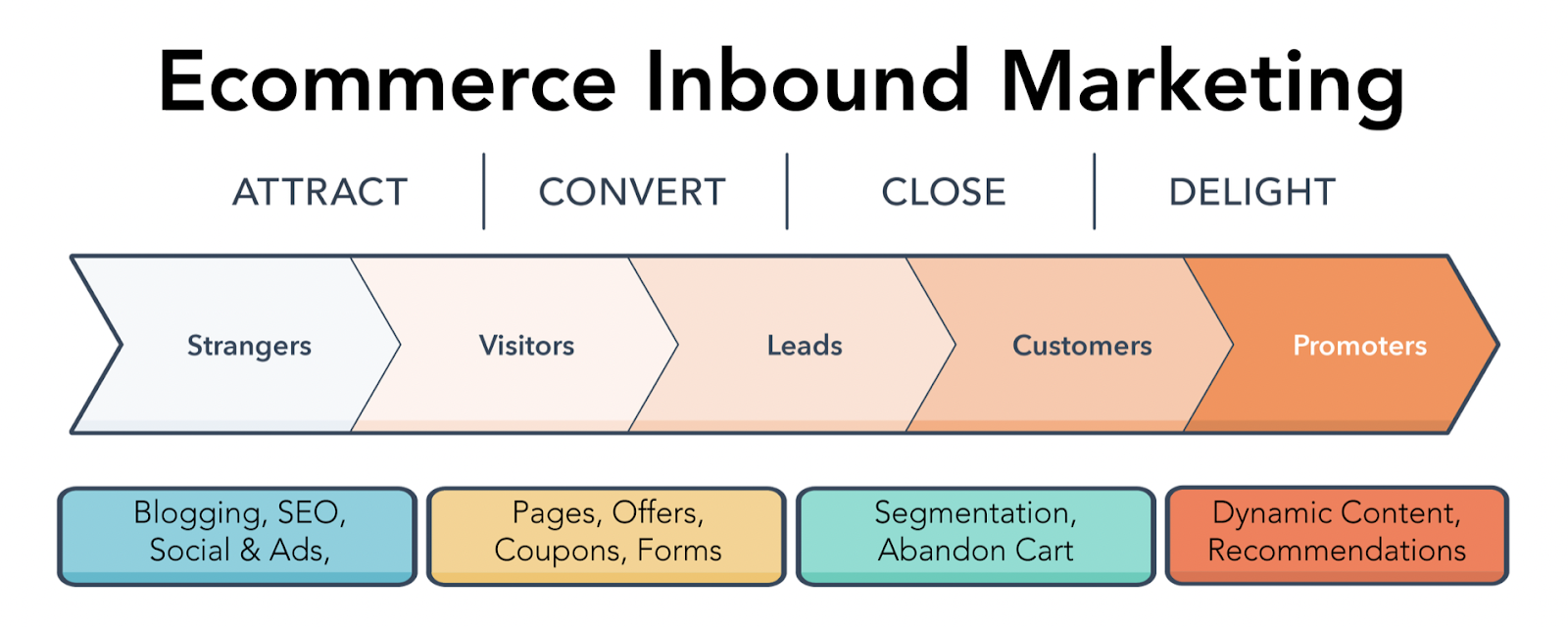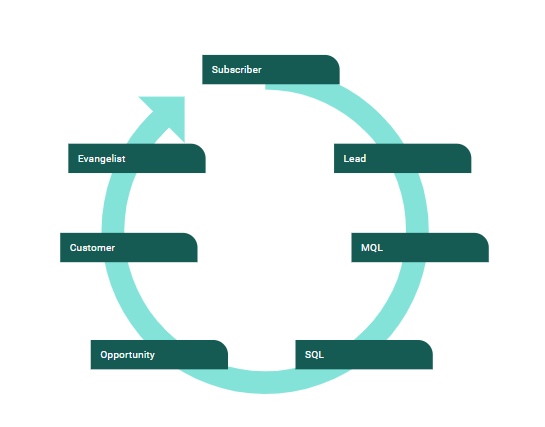-
Digital Marketing
We help you to use your digital potential. For a strong positioning, more visibility and more leads.
Get Growth ready
With the BEE.Transformance model, we bring continuous and profitable growth to your company. A new mindset for your team.
Industries
We transform your challenges into opportunities through the experience we have gained from projects in these industries.
-
HubSpot Services
As a HubSpot Diamond Partner, we help you implement your digital growth strategy with a focus on performance - by implementing and integrating new and existing systems as well as 3rd party apps.
HubSpot Thought Leader
As a HubSpot Diamond Partner with +50 certifications, host of the HubSpot User Group Zurich, HubSpot Trainer and HuSpot User Champions, you have access to in-depth HubSpot expertise.
HubSpot Solutions
The BEE.Theme offers you more creative freedom than any other theme on the market. Whether you're a beginner or a professional, a creative mind or a digital agency - with the BEE theme, you can easily unleash the maximum power for your pages in HubSpot CMS.
-
BEE.Blog
Knowledge around digital marketing, digital sales, technology, data intelligence and employees.
Knowledge Base
Pure knowledge: everything essential concentrated, compact, digitally prepared for you and ready to download.
What is inbound?
The most effective way to successfully combine digital marketing and digital sales.
-
BEE.Team
The BEE.Performers: many different characters - with one thing in common: the fascination for a digital world.
References
More than 100 large and small companies have already started with BEE: to more visibility, more performance, more growth.
Invest
Participate in the growth of BEE and become part of the BEE Growth Story by purchasing Digital Share Tokens.
We're hiring
Become a BEE.Performer! Are you ready for your own transformation?
How to Use HubSpot for E-commerce
EU consumers have embraced e-commerce — in 2021, 74% of internet users shopped online, indicating that more and more people are taking advantage of the convenience and ease of this purchasing method.
E-commerce provides appealing opportunities for businesses, and many want a slice of the pie. In today's competitive market, offering customers a unique and personalised experience that meets their expectations is a key differentiator. By adapting your strategies to keep up with this trend, you can provide your customers with a positive online shopping experience each time.
Why use HubSpot for e-commerce?
As an inbound tool, HubSpot is focused on helping you create a seamless customer journey across all channels, from website visits to purchases. You can use the platform to tailor your e-commerce offerings for each customer, recognising their individual preferences and making sure your service hits the mark each time. This will give you an edge over your competitors and help you build a loyal customer base.
Unlike many other CRMs, HubSpot is built to scale with you, easily syncing with the e-commerce platforms you use. Backed by a dedicated team of expert developers, HubSpot is continuously evolving. If a request or demand for a particular feature arises amongst users, HubSpot's team is quick to offer solutions and make the necessary investments to build or adapt the platform in line with its clients' needs. For you, this means an up-to-date CRM that bends and flexes with the dynamic nature of your industry and its customers.
How does HubSpot benefit your e-commerce business?
The suite of features that HubSpot offers enables you to build an effective sales and marketing strategy and a proactive customer support service. Results are easy to track and report on thanks to customisable dashboards that help key stakeholders attribute sales and results to the campaigns and strategies your teams implement.
With HubSpot, you can boost your online presence and drive more sales using the purpose-built Hubs that are designed to support your e-commerce business in these critical areas:
- Organisation and management of customer data
- Customer segmentation
- Sales forecasting and reporting
- Scaling of sales processes
- Ticketing and customer support management
HubSpot's powerful automation features make routine tasks much more efficient for your team. As a result, your e-commerce businesses can stay on top of operations while freeing up time for more strategic activities.
The top HubSpot features your e-commerce business will love:
- Lead management and lead nurture
- Drag and drop landing pagesAnaly
- tics and social media integrationsAutoma
- ted sales funnels and email marketing campaigns
- Build-in SEO and page optimisation tools
How HubSpot helps you grow with inbound
The inbound methodology is a customer-centric approach to marketing and sales that focuses on creating meaningful experiences for customers and prospects. It is especially relevant for ecommerce businesses, as it helps them to attract, convert and retain customers in an increasingly competitive online environment.
Inbound involves:
- Creating content that is tailored to the needs of potential customers
- Building relationships with them through social media and other channels
- Providing personalised customer service
HubSpot helps you implement this approach using three key Hubs (Marketing, Sales, and Customer Service) that allow you to streamline your customer journey from the very beginning right through to the Delight stage.

Source: HubSpot
If your website is built using the HubSpot Content Management System (CMS), even better! You don't have to wait for costly developers whenever you have a new idea or want to implement a change. Simply use HubSpot's templates and stay in control of how your website looks and performs.
HubSpot e-commerce integrations
Through HubSpot's Marketplace, you can access a wide range of e-commerce integrations that allow your business to connect with popular shopping carts and payment gateways.
Once you've decided which tools to include in your business' technology ecosystem, you can sync data between your online store and HubSpot to better understand customer behaviour and target the right audience with the right message.
See below for a comprehensive list of the ten best e-commerce platforms that HubSpot integrates with:
- Shopify
- WooCommerce
- BigCommerce
- Wix
- Magento
- Squarespace
- Shift4Shop
- Easy Digital Downloads
- Ecwid
- OpenCart
If you're currently selling products using one of these platforms, the HubSpot integration will help you to gain control of each touchpoint throughout the customer journey and collect the critical data you need to upsell, cross-sell and nurture leads who don't complete purchases or enter your sales funnel and drop out.
Our complete guide to integrations shows you how to navigate the HubSpot marketplace and choose the tools and solutions that will have the greatest benefit for your business.
Grow your e-commerce business with BEE Digital
We've worked hard to establish ourselves as a reliable partner to e-commerce businesses throughout Europe and beyond. Our team has helped companies implement and integrate HubSpot with new and existing systems and third-party apps to deliver their digital growth strategy with a focus on performance. We can recommend solutions that make sense for your unique business while also empowering you to get more out of HubSpot.
Start a conversation with us today, and let's help your e-commerce store reach the revenue targets you've set this year.
Related Posts

How to Clean Data in HubSpot with the Operations Hub
Romy Fuchs | 17 Nov 2022
Without a clean database, your marketing campaigns, reports and deals will lead to skewed figures and questionable estimations - a little counterproductive when you ...
reading time: 7min
Zum Blog

Best Practices for Creation and Customisation of Lifecycle Stages Inside HubSpot
Philipp Schirmer | 22 Dec 2022
HubSpot’s Lifecycle Stages help everyone in your business understand how contacts and companies progress through the sales funnel. This powerful tool gives insight into ...
reading time: 7min
Zum Blog

Sales Strategy: 5 Tips to Close Deals Faster
Lanny Heiz | 12 May 2022
Shifting into virtual selling has resulted in a sharp shock for some teams, particularly those with a long-established heritage of on-site visits and frequent travel to ...
reading time: 8min
Zum Blog

